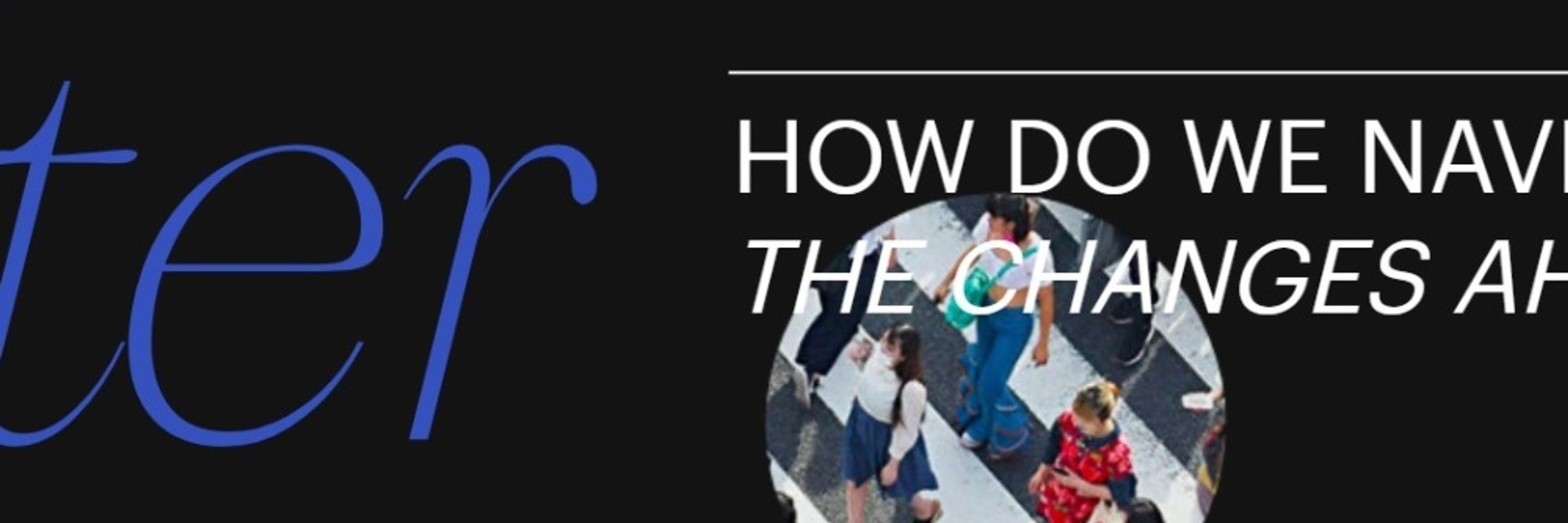Igor Grossmann, PhD
@igi.bsky.social
2K followers
2.5K following
260 posts
Professor of psychology. Study culture and societal change, wisdom, good judgment (and lack thereof), forecasting, and new methods. Forecasting Collaborative founder | 🇺🇦🇩🇪🇺🇸🇨🇦 Psych Inquiry Editor. igorgrossmann.com OnWisdompodcast.com
Posts
Media
Videos
Starter Packs
Igor Grossmann, PhD
@igi.bsky.social
· Aug 25
Igor Grossmann, PhD
@igi.bsky.social
· Aug 25
Igor Grossmann, PhD
@igi.bsky.social
· Aug 22
Igor Grossmann, PhD
@igi.bsky.social
· Aug 22
Igor Grossmann, PhD
@igi.bsky.social
· Aug 14
Igor Grossmann, PhD
@igi.bsky.social
· Aug 13
Igor Grossmann, PhD
@igi.bsky.social
· Aug 13
Igor Grossmann, PhD
@igi.bsky.social
· Aug 13


















